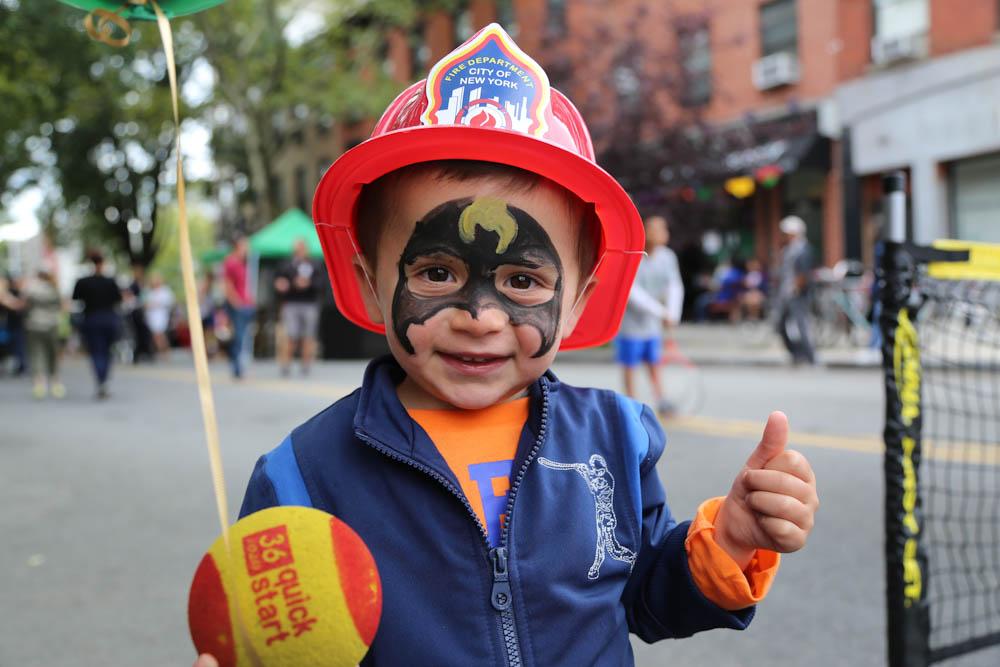In 2003, a monk named Miaozhi (original name Cai Songcang) died at the age of 116 in the Fragrant and Bright Buddhist Scripture Singing Hall in Longwen district, Zhangzhou city, Fujian province, China. Although three years have passed, his body is sill intact and looks very much like it did when he was alive. His body is considered to be the only “non-degenerated flesh body” in Fujian province.
According to the Strait News, Miaozhi was born in 1888 in Fuzhou city. In 1937, he was tonsured as a neophyte monk at Guanshiyan Temple, in Longhaifugong town, Fujian province.
At the age of 115 he was still traveling several thousand kilometers on pilgrimages to monasteries and temples housing holy relics such as Jiuhua Mountain. During one visit to Jiuhua Mountain he admired the “non-degenerated flesh body” of monk Ciming and was deeply moved. That night he said to Master Dichen of TianChi Temple on Jiuhua Mountain, please look after me after I re-enter the cycle of reincarnation.
Monk Miaozhi died with a smiling countenance on the 28th day of the first month of the Lunar year, 2003. His disciples carried out his wish to have his body embalmed. They invited a master from Jiuhua Mountain to help preserve the monk’s body. The master placed the body in a seated position in a vat (the sitting method of mediator in Buddhism.) The vat was lined with coal, sandalwood, and lime. The vat was then covered with bricks to seal it up.
The vat was opened on the 28th day of the first month of the lunar year 2006. The monk’s body was well-preserved and looked as vivid as it had when he was alive. The only change was that his hair and nails had grown longer.
Monk Miaozhi’s cultivation practice followed the teachings of “Medicine Master.” To keep in good health he followed the principles of “three diligences,” “three tranquilities,” “three remain profitlesses,” and “three contentments” “Three diligences” meant maintaining a diligent mind, diligent hands, and diligent feet. “Three tranquilities” meant cultivating a tranquil heart, tranquil breathing, and tranquil behavior. “Three profitlesses” meant not seeking power, money, or a prolonged lifespan. “Three contentments” meant joyfully helping people to understand that happiness comes from being content–one should be content with one’s lot.
In China, from ancient times to this day, there are many eminent monks leaving their “flesh bodies” after death. The body of Hui-neng, Sixth master of Zen Buddhism, has lasted for more than 1,000 years without degenerating in the Nanhua Temple, Guangdong Province. It is still there. The body of monk Wuji Zen, an eminent master during the Tang Dynasty, is in Japan and is still well preserved almost 1,000 years after his death.
The Face of A Monk is Full of Life Three Years After his Death
|Updated:

